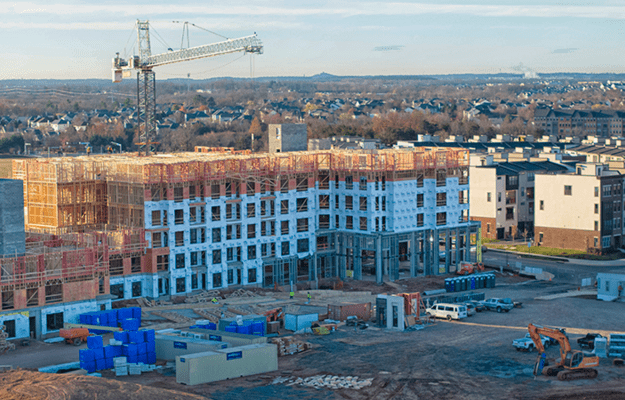
Does Living Along a Busy Highway Increase Premature Births?
- Title:
- Does Living Along a Busy Highway Increase Premature Births?
- Author:
-
Janet Currie, Reed Walker
- Source:
- Publication Date:
A natural experiment on the impacts of traffic congestion has provided new evidence of the detrimental effects of living in unhealthy environments. When new E-ZPass lanes were planned and installed in New Jersey and Pennsylvania, researchers tracked low birth weights and premature births by mothers living near the highway. Expectant mothers living within 2-kilometers (or 1-1/4 miles) of a new E-ZPass toll booth, which lowers traffic congestion and pollution, experienced infant health improvements compared with other mothers on unaffected areas of the highway, according to the paper “Traffic Congestion and Infant Health: Evidence from E-ZPass.” This result affirms a study, published in the Journal of Health Economics, which connected poor infant health outcomes with carbon monoxide exposure. The results have implications for transportation infrastructure and residential zoning.
Major findings:
- Low birth weight and premature births were reduced most for those living within 1-kilometer of a new E-ZPass lane, but the impacts were significant as far as 2-kilometers away.
- Among approximately 30,000 births within 2 kilometers of the highway, E-ZPass lanes prevented 255 premature births and 275 cases of low birth weight.
- The prevention of negative birth outcomes from additional E-ZPass lanes in New Jersey and Pennsylvania saved an estimated $9.8 million to $13 million in short- and long-term medical costs.
- Extrapolating to the U.S. overall, reducing residential exposure to traffic-related pollution could prevent up to 8,600 preterm births per year. This would save $444 million in medical costs.


